As in many countries such as Korea, the US, etc., large family corporations in Vietnam are the backbone and are changing the face of the economy . So, is there a common formula for success for these corporations?
It can be seen that there is no single formula for the success of large family corporations in Vietnam such as IPP Group, Vingroup, Masan Group, Thanh Thanh Cong, BRG, Doji ...
But it can be seen that most corporations start from a single investment industry, then gradually develop to cover many other industries and grow to become multi-industry corporations, and are pillars in many fields.
A common point easily seen in many of the top billionaires in Vietnam is their focus on their core business ecosystem, having a long-term vision and not getting caught up in quick, temporary financial investments.
Most of these corporations grow and become number 1 in their original core field.
According to statistics from the Vietnam Federation of Commerce and Industry (VCCI), in Vietnam, the 100 largest family businesses contribute about 25% to the country's GDP.
According to VCCI, the non-state economic sector accounts for 96.5% of the number of enterprises nationwide. Family businesses account for 70% of private enterprises. Family businesses are the core of the economy in any country.
As in many countries such as Korea, the US..., large corporations with family imprints such as Vingroup, Masan, Sungroup, Sovico, Thanh Thanh Cong, DOJI, BRG, T&T... are the backbone and are changing the face of the Vietnamese economy.
Occupy the number 1 position in the core field
Masan, associated with the names of businessman Nguyen Dang Quang and his wife Nguyen Hoang Yen, is occupying the number 1 market share in the consumer goods and retail sector.
The consumer group leads in terms of capitalization, with a scale of up to 5 billion USD (as of April 2023). The capitalization of Masan Consumer is about 2 billion USD, Masan Hightech Materials is about 500 million USD and Masan MeatLife (MML) is about 500 million USD.
In terms of retail, by the end of 2022, Masan will own 3,268 Winmart+ stores and 130 WinMart supermarkets, consolidating its position as the largest modern retail chain in terms of the number of points of sale. In 2023, according to the plan, Masan will open about 800-1,200 more Winmart+ stores.
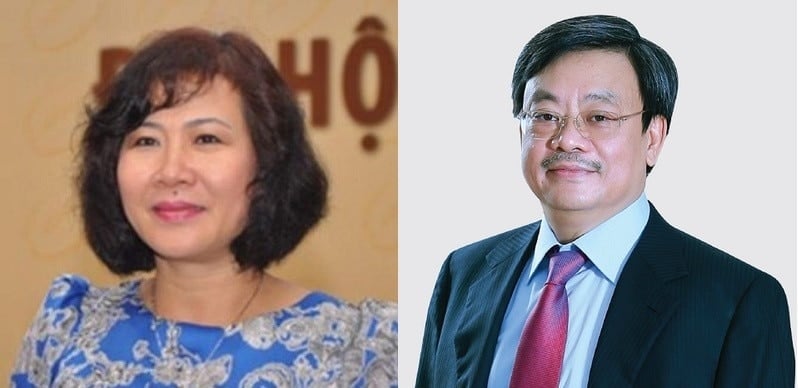
Masan Group is also known as a private corporation operating in the fields of finance and mining, with capital contributions in a major bank and Masan Hightech Materials - a business that owns one of the world's largest tungsten mines, Nui Phao.
Masan Group has four directly owned subsidiaries and dozens of indirectly owned subsidiaries and affiliates.
Masan's subsidiaries operate in many fields, from retail (WinCommerce), consumer goods manufacturing (Masan Consumer), livestock and meat processing (Masan MeatLife), telecommunications (Wintel), milk tea (Phuc Long) to mineral exploitation (Masan Hightech Materials).
In 2022, the Group's net revenue will reach VND 76,189 billion, net profit will reach VND 3,567 billion. In 2023, Masan aims to achieve revenue of VND 100,000 billion.
Masan often raises capital and conducts M&A with leading enterprises to expand its retail-consumer ecosystem. The enterprises that Masan acquires often bring in large and steady cash flows.
In recent years, billionaire Quang's business system has brought in record cash flows, up to billions of USD.
A close relative of billionaire Nguyen Dang Quang is also a billionaire from Eastern Europe, Mr. Ho Hung Anh.
In 2018, the financial world was abuzz with a series of deals in which relatives of Mr. Ho Hung Anh (a secretive Vietnamese tycoon in a business group from Eastern Europe) registered to buy shares of Vietnam Technological and Commercial Joint Stock Bank - Techcombank (TCB) worth billions of USD.
At that time, Mr. Ho Hung Anh owned 13.1 million Techcombank shares. After the transactions, Mr. Ho Hung Anh and his family members held a total of 159.3 million TCB shares, equivalent to nearly 14% of charter capital.
As of the end of 2022, Mr. Ho Hung Anh's family still holds a large number of TCB shares. Mr. Ho Hung Anh himself holds more than 39.3 million TCB shares, equivalent to nearly 1.12%. Mr. Hung Anh's mother owns more than 174 million TCB shares, equivalent to more than 4.95%. Mr. Hung Anh's wife currently owns more than 174 million TCB shares, equivalent to more than 4.95%. Mr. Hung Anh's son (Ho Anh Minh) holds nearly 138 million TCB shares (equivalent to more than 3.92%). Mr. Hung Anh's daughter (Ho Thuy Anh) owns 22.5 million TCB shares (nearly 0.64%).
Mr. Hung Anh's sister-in-law (Nguyen Huong Lien) also owns more than 69.6 million TCB shares (nearly 1.98%).
In addition, Mr. Hung Anh's family also holds shares of Masan Group (MSN).
In addition to his younger brother, Ms. Nguyen Huong Lien, Mr. Hung Anh's sister-in-law, also participates in the management of Masterise Group. Mr. Hung Anh's son, Ho Anh Minh, also participates in the business, in charge of sales distribution in the northern region for Masterise.
Techcombank leaders said that if the bank grows profits by 23-25% annually over the next 5 years, it will reach a capitalization of 20 billion USD by 2025.
After more than 10 years under the leadership of Mr. Hung Anh, Techcombank became the first private bank in Vietnam to reach the milestone of 10,000 billion VND in pre-tax profit. For many years, Techcombank's profit was second only to Vietcombank in the entire banking system.
This is also a bank with a very large corporate customer base and has the highest CASA (demand deposit) ratio in the system.
Some successful corporations in the manufacturing sector include Minh Phu Seafood (MPC) of the "shrimp king" couple Le Van Quang-Chu Thi Binh, sugar cane king Dang Van Thanh...
The family of "shrimp king" Le Van Quang-Chu Thi Binh (Minh Phu Seafood) focuses all its efforts on the seafood sector, cooperates better with foreign partners and boosts exports, with the aim of capturing 25% of the world shrimp market share by 2024.
In 2022, Minh Phu Seafood reached a record consolidated revenue of more than 16,000 billion VND. In 2022, Minh Phu led the proportion of shrimp export turnover to Japan with 23.8%.
Previously, according to a report from the Association of Seafood Processors and Exporters, MPC had sales of 395 million USD, accounting for nearly 4.44%, ranking first in seafood exports and shrimp exports of the country in 2021.
Meanwhile, Vietjet Air (VJC), chaired by billionaire Nguyen Thi Phuong Thao, continues to maintain its No. 1 position in the Vietnamese aviation industry, with a market share of about 45%.
It is one of the few airlines in the world that has weathered the pandemic without laying off staff and operating profitably during the pandemic.
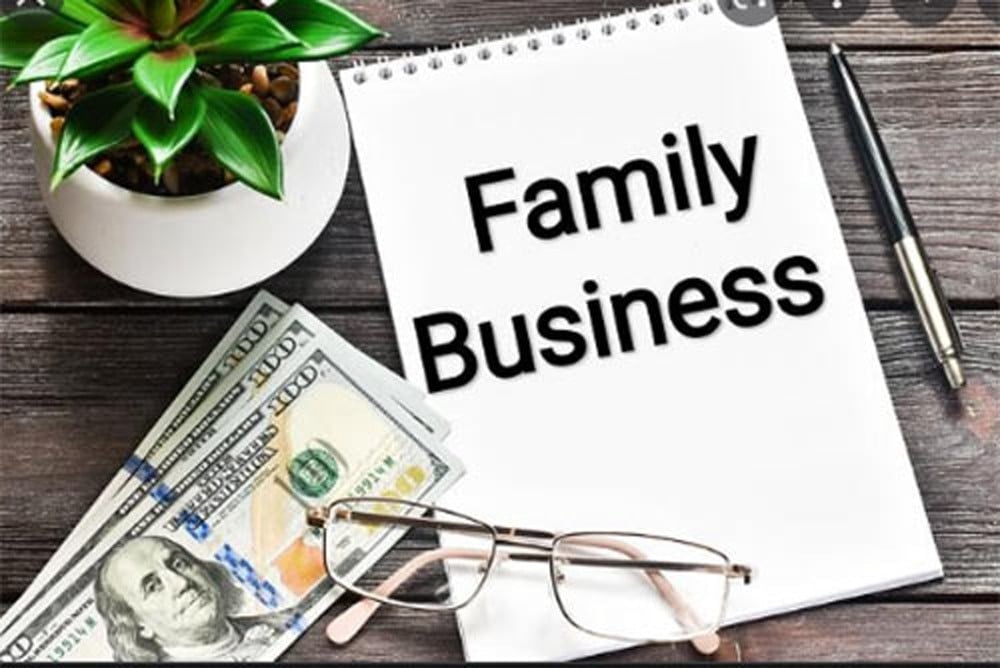
Thanh Thanh Cong - Mr. Dang Van Thanh's family business not only focuses on the sugar cane sector but also invests heavily in real estate and tourism after withdrawing from the banking sector (Sacombank).
Thanh Thanh Cong (TTC Group) sugar cane enterprises not only occupy the largest domestic market share, with a rate of 46%.
Thanh Thanh Cong - Bien Hoa (TTC Sugar) is a pillar enterprise of TTC Group. TTC Sugar currently has more than 60 product lines, a distribution system of more than 50,000 retail points and is a major sugar supplier for multinational companies operating in the food, beverage, pharmaceutical industries... and exports to 24 countries. This enterprise is leading the sugar industry in terms of both raw material area scale (70,000 hectares) and capacity (29,500 tons of sugarcane/day).
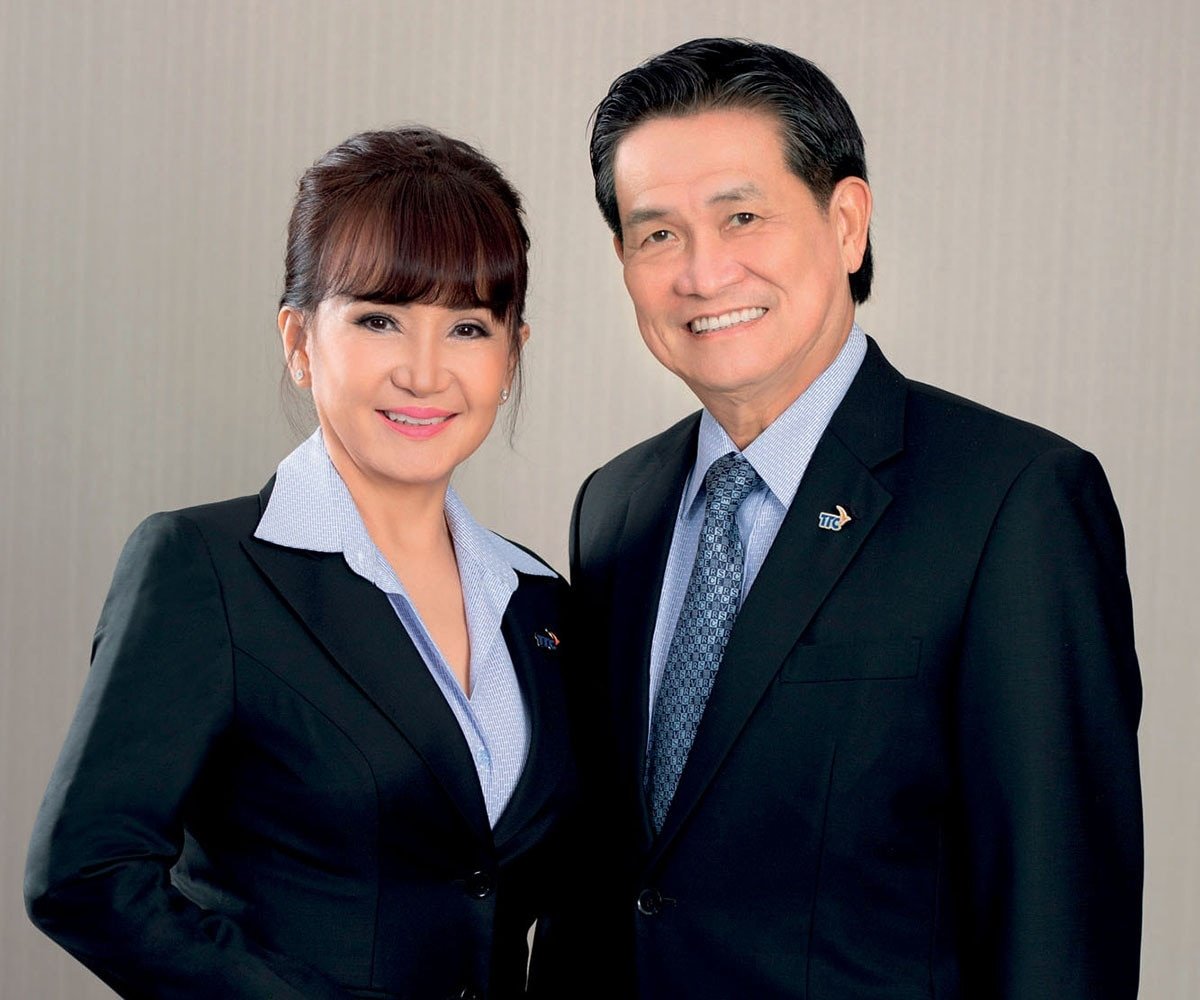
Billionaire Pham Nhat Vuong, from his dream of turning the streets of Hanoi and Saigon into bustling cities like Hong Kong or Singapore, and his ambition to build many beautiful Vietnamese cities like Singapore and Korea, has created urban/residential areas with architecture and quality of life that are at the top of the real estate industry.
The success of billionaire Pham Nhat Vuong and his wife - Mrs. Pham Thu Huong is Vingroup, Vinhomes with a series of outstanding real estate projects nationwide. From skyscrapers, urban areas comparable to modern countries, to international-class resorts.
Vinhomes is the largest enterprise in the real estate sector, with a capitalization of more than VND 220,000 billion (USD 9.3 billion), as of April 18, 2023. To date, Vinhomes is estimated to have delivered about 100,000 products to home buyers.
From here, Vingroup focused on a new area of production (automobiles) and technology, focusing on the car company VinFast.
According to Forbes, billionaire Pham Nhat Vuong's dream of Vietnam "standing tall in the world" is thus becoming more and more complete. Vingroup can now stand on par with big names in the world in the field of real estate investment and business, such as Capital Land, Keppel Land...
Although very successful with real estate, billionaire Vuong continuously expands into many new business lines, such as retail, tourism, healthcare, education, technology... and recently electric vehicles.
In mid-2018, Vingroup announced a key investment strategy in the Technology - Industry sector with the goal that by 2028, Vingroup will become an international-class Technology - Industry - Service Group, in which Technology accounts for the main proportion.
Besides, corporations with many family imprints such as Doji, BRG, IPPG, KiDo Group... are also occupying key positions in business sectors.
Backbone of the economy
Another common feature is that the most famous family businesses today have the previous generation as founders and the next generations of children and grandchildren holding important positions in the business apparatus. The ability to manage and share benefits during the F1-F2 generation period is divided quite well. These are also the backbone corporations and contribute a lot to the Vietnamese economy.
In the list of 50 best listed companies in Vietnam, there are many businesses with family imprints and many of them have stocks in the bluechip group on the stock market such as Vingroup, Vietjet, Thanh Thanh Cong, Kido...
According to Forbes Vietnam, the top 20 business families in Vietnam play a special role in the economy and have products and services with a solid position. This is also common in many countries around the world.
According to a survey of the 10 largest family businesses in the world today, the total capital of these family businesses is up to over 3,000 billion USD.
In a 2019 speech, Mr. Vu Tien Loc gave statistics that 40% of GDP in the world economy is created by family businesses with corporations with famous brands such as Hermès, Ford, Toyota, Samsung, Hyundai, Estée Lauder...
In South Korea, there are many chaebols (large family-owned conglomerates) that are the technological, economic and social pillars of the country. The most prominent are the Hyundai Motor Company, SK Group, Samsung and LG.
Under the hands of the chaebols, South Korea has transformed from a poor country through a brutal civil war into a country with one of the world's top GDPs. In just a few decades, many chaebols have become world-leading names and sometimes the face of their industries, with globally recognized products such as Samsung Galaxy smartphones, LG washing machines/TVs, and Hyundai cars.
After the miraculous boom of the 1970s, many chaebols in Korea stagnated. However, these groups later revived strongly thanks to the intervention of the Korean government. Leading the new revolution in Korea are still Samsung and LG. These two chaebols quickly rose to the top in the LCD TV race and then the smartphone market, competing strongly with Nokia and Motorola.
According to Vietnamnet








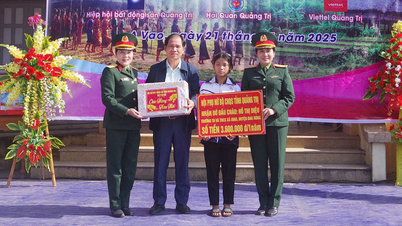







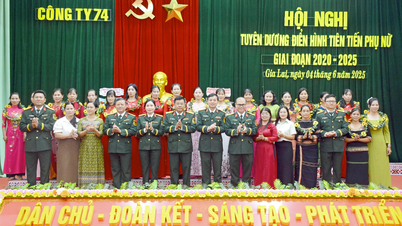










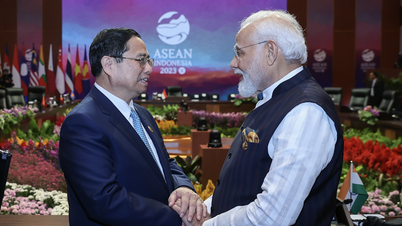

















































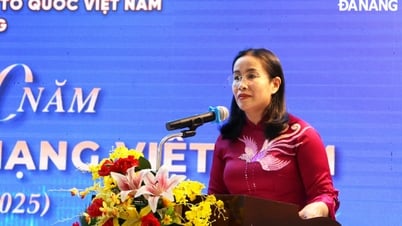




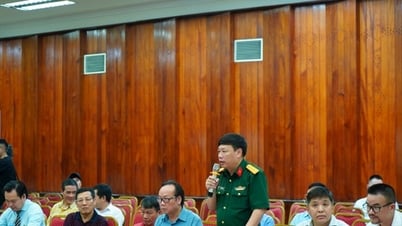

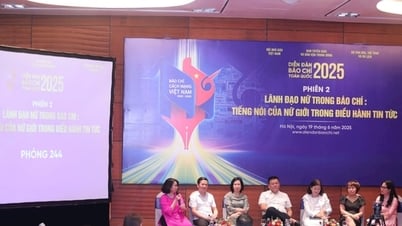







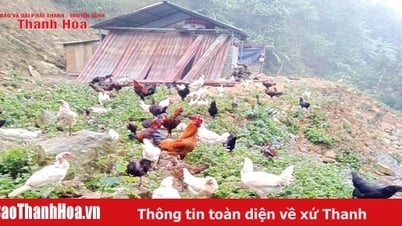



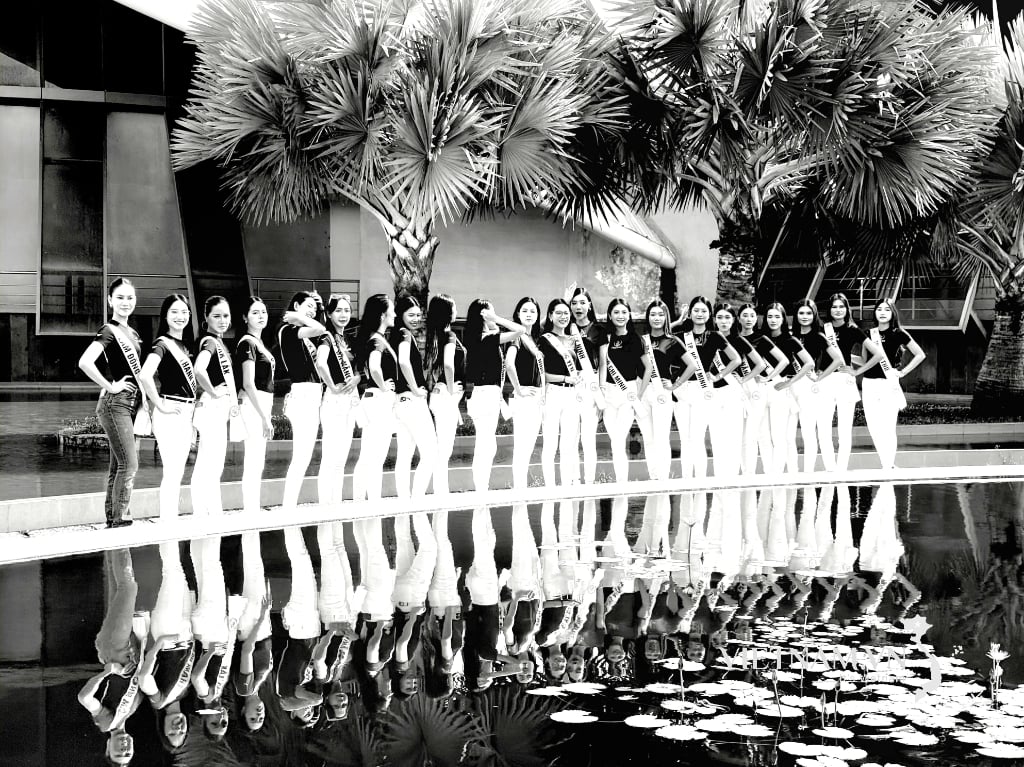

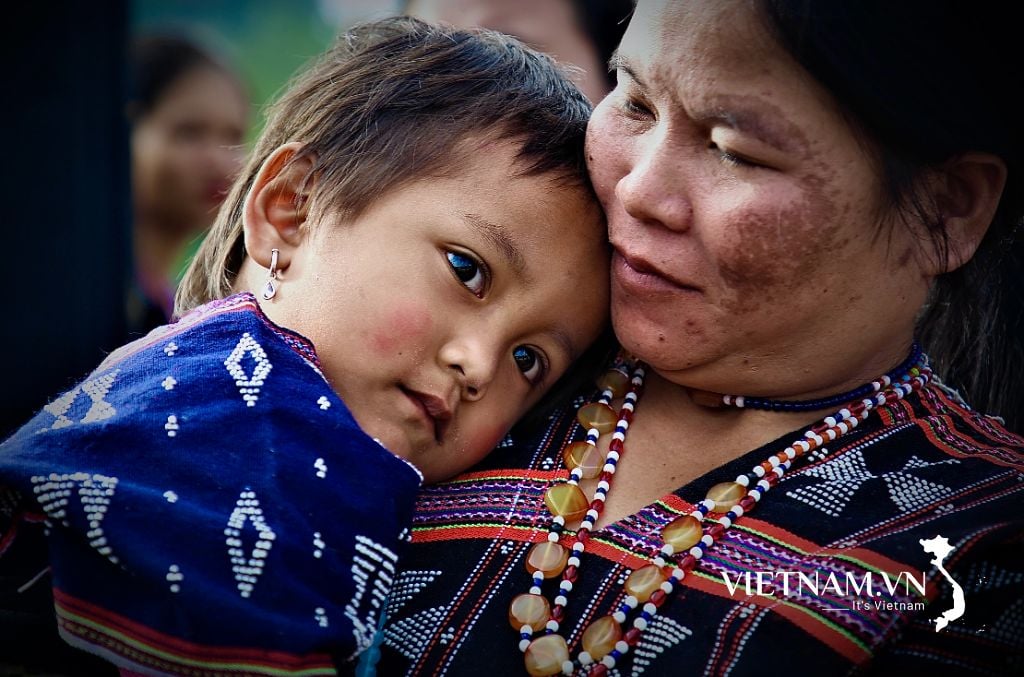
Comment (0)